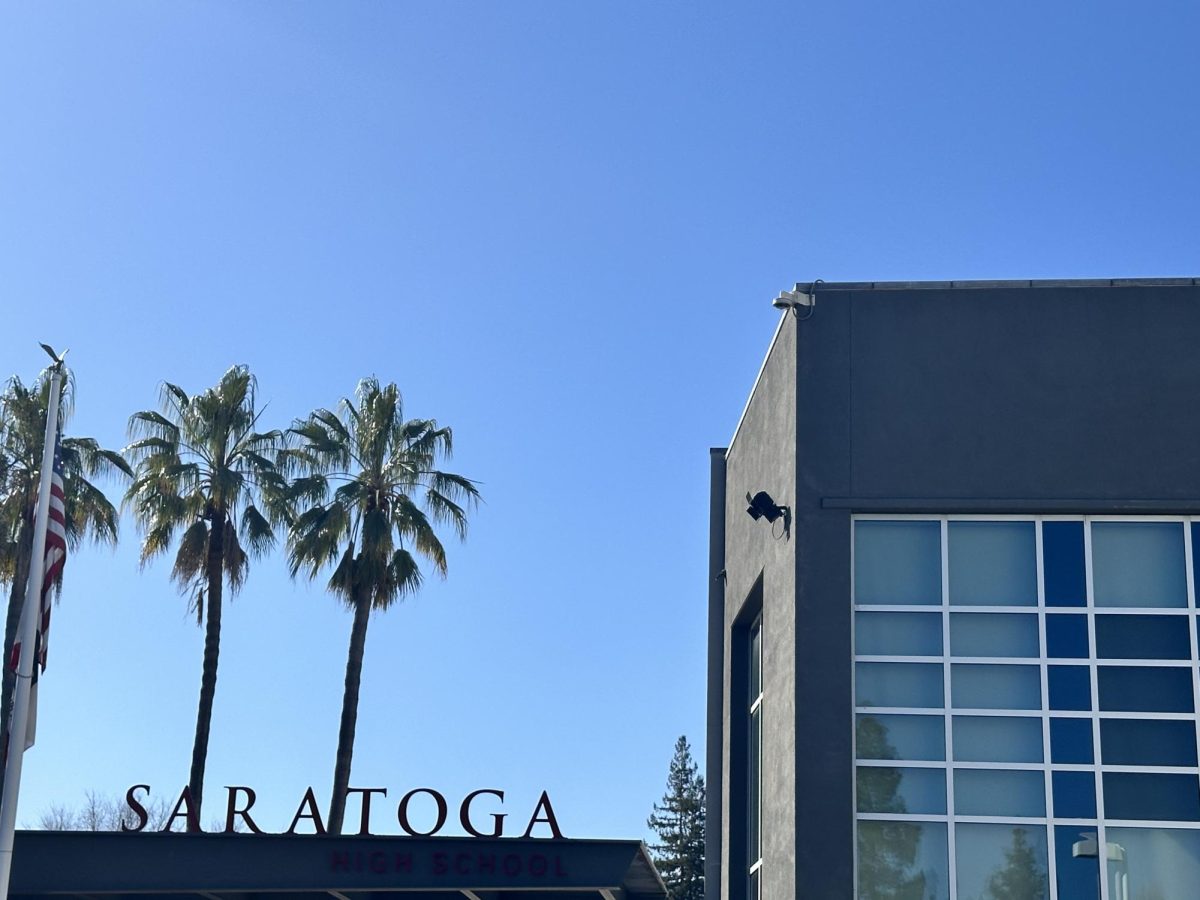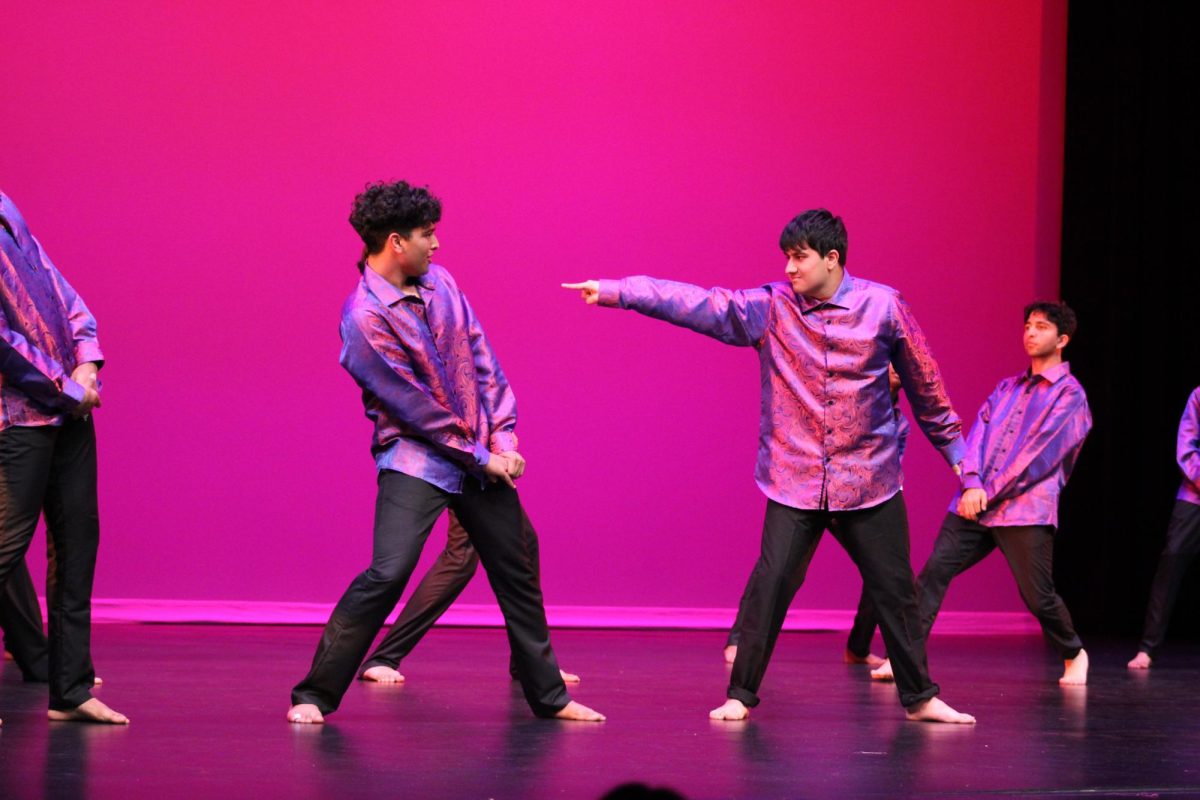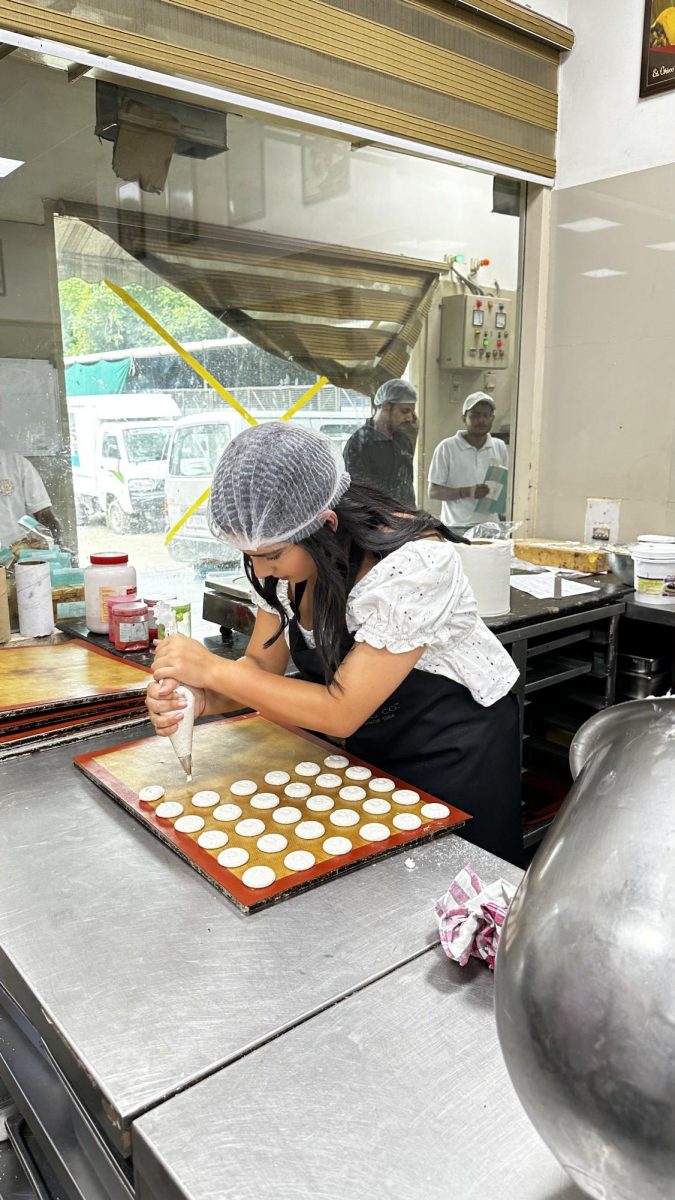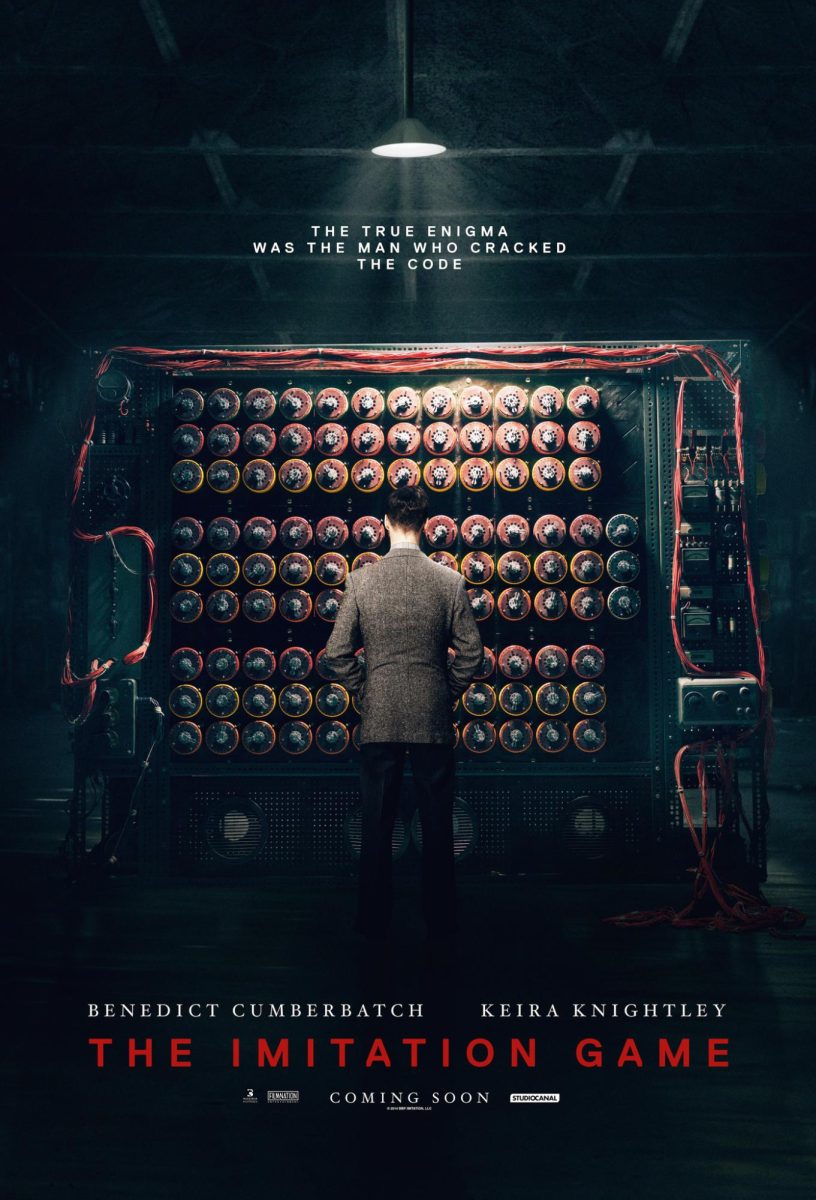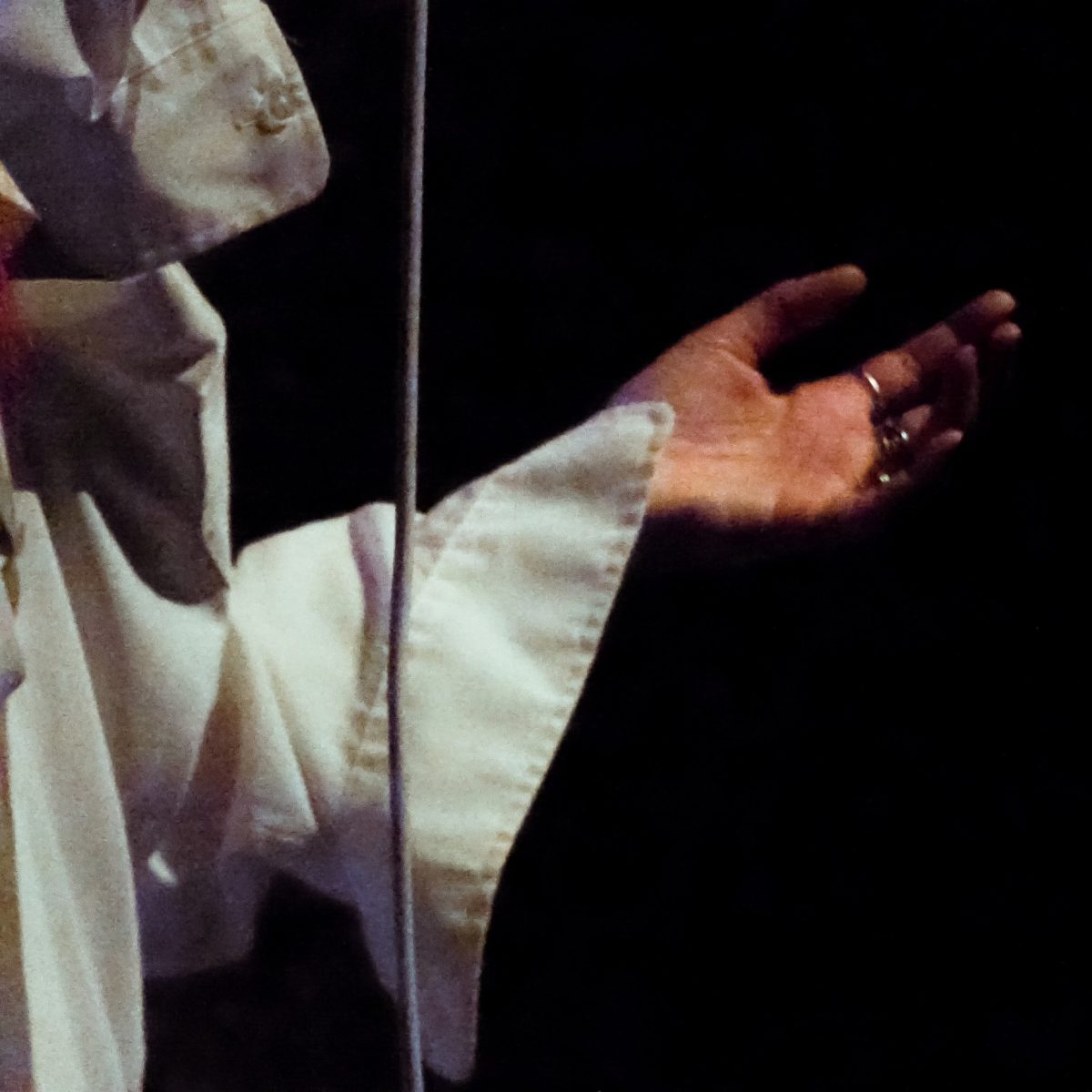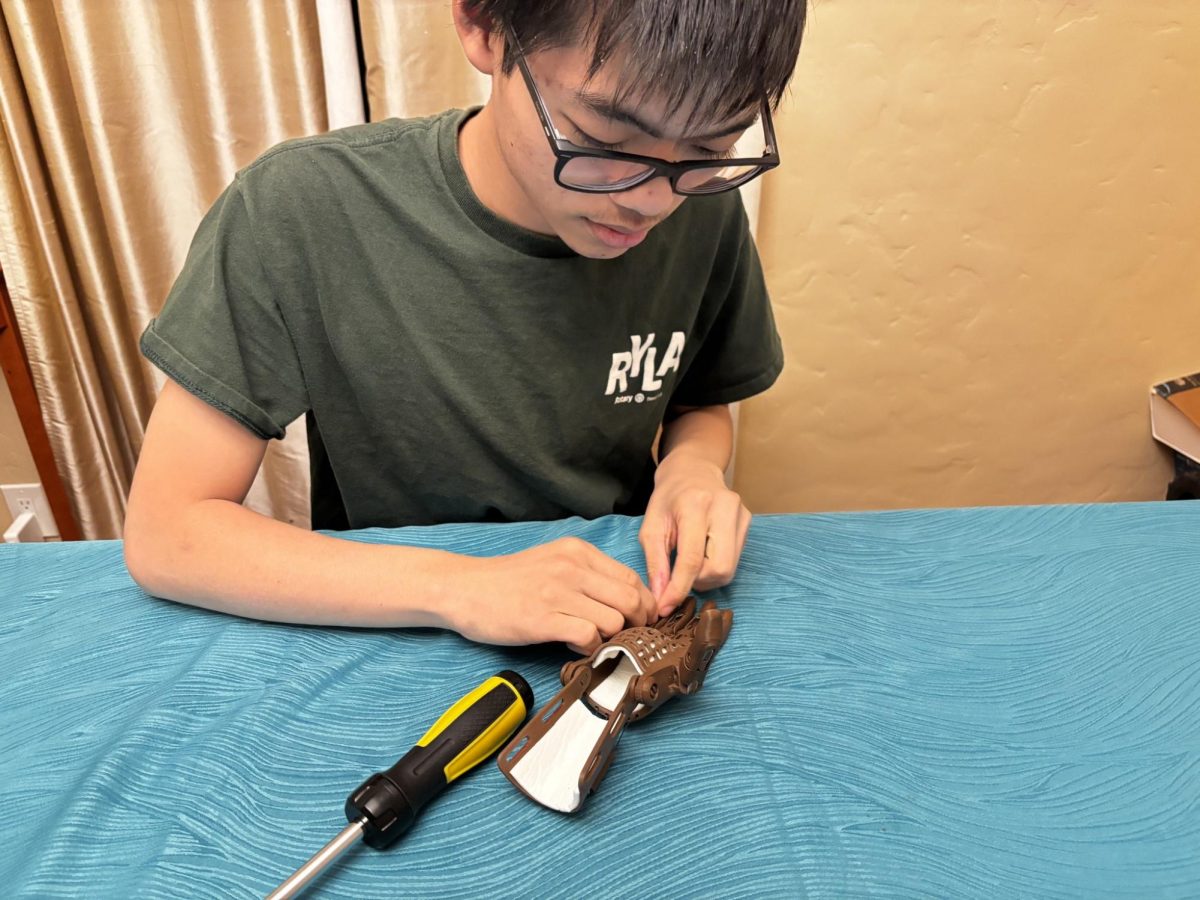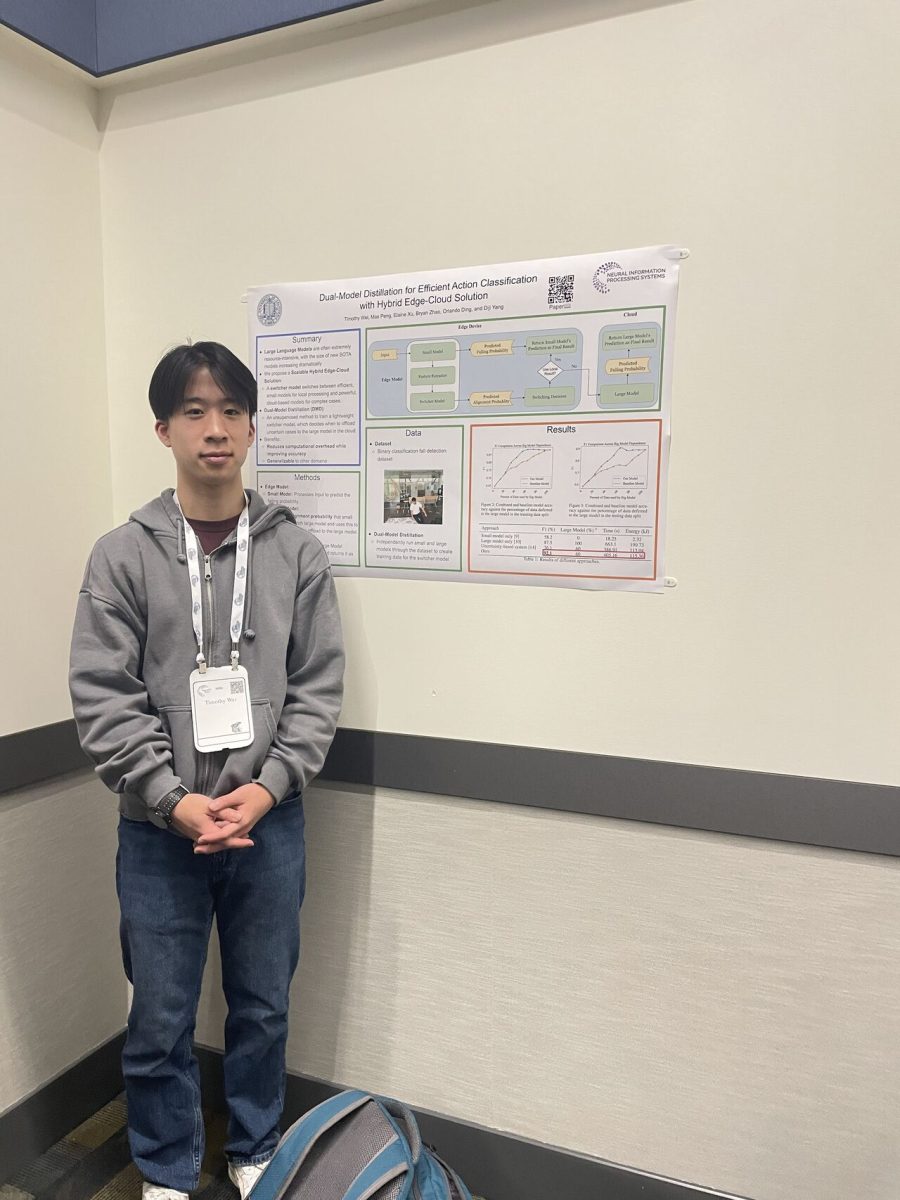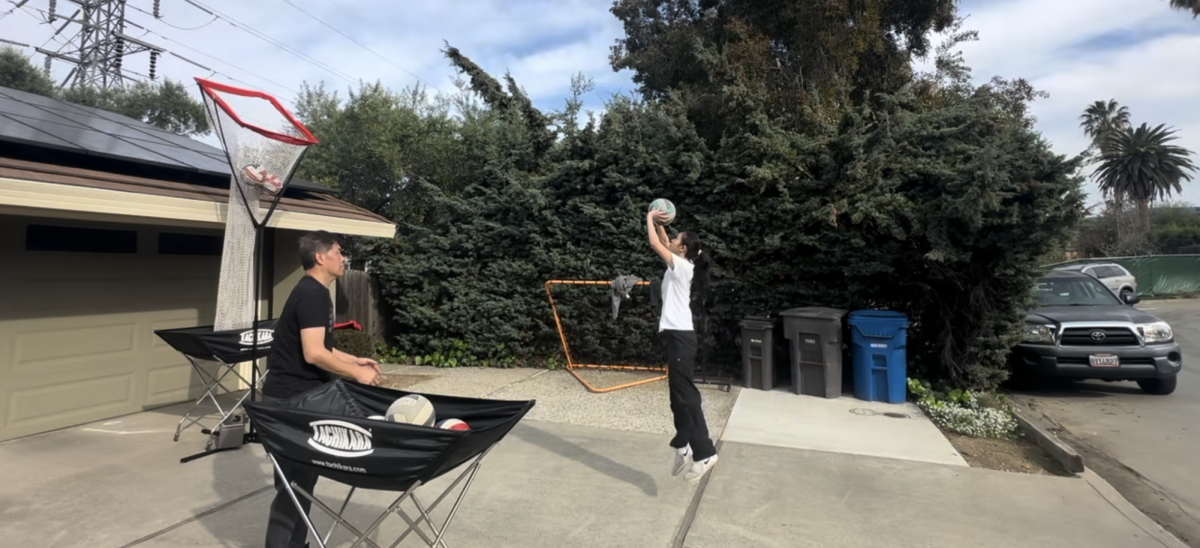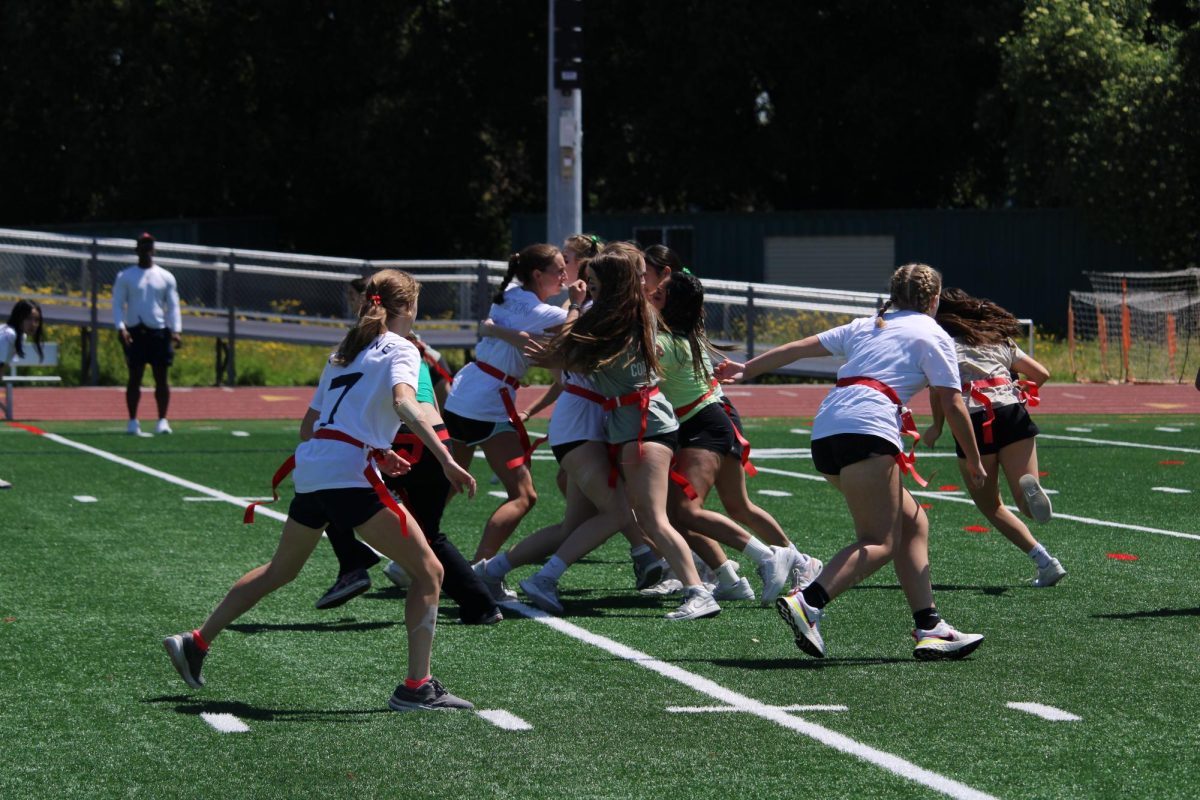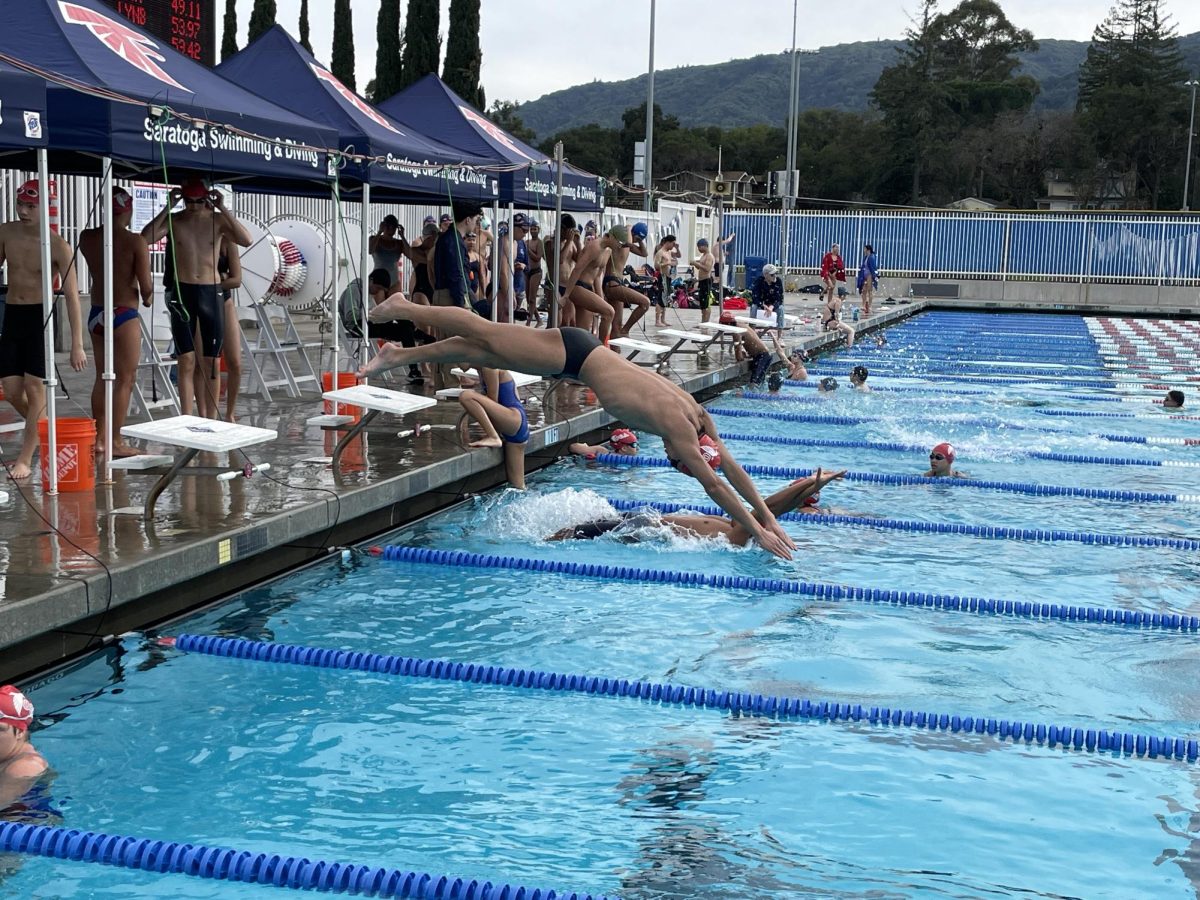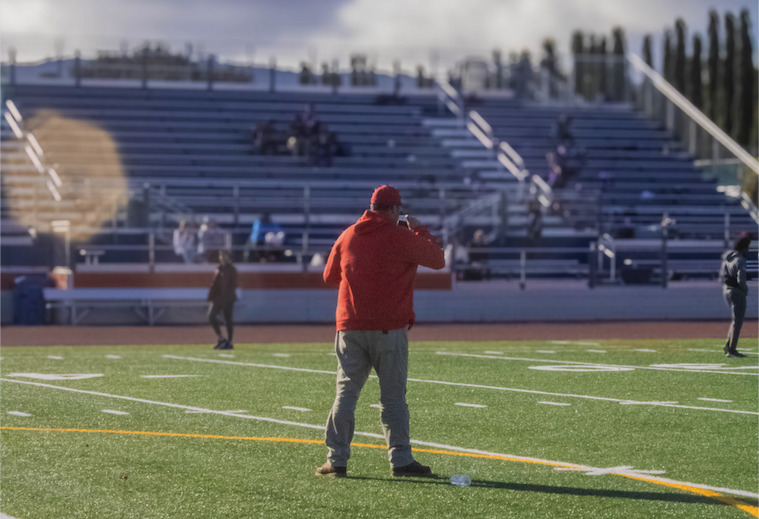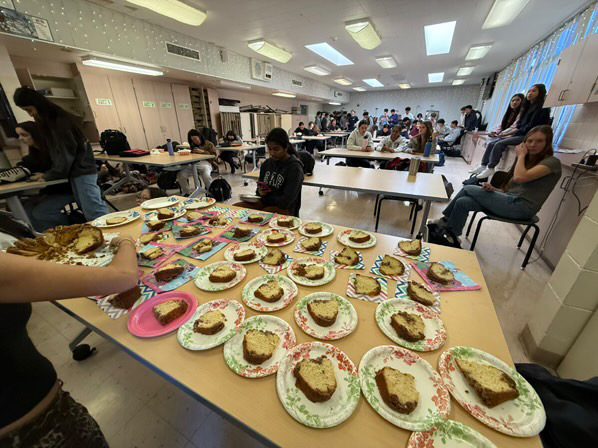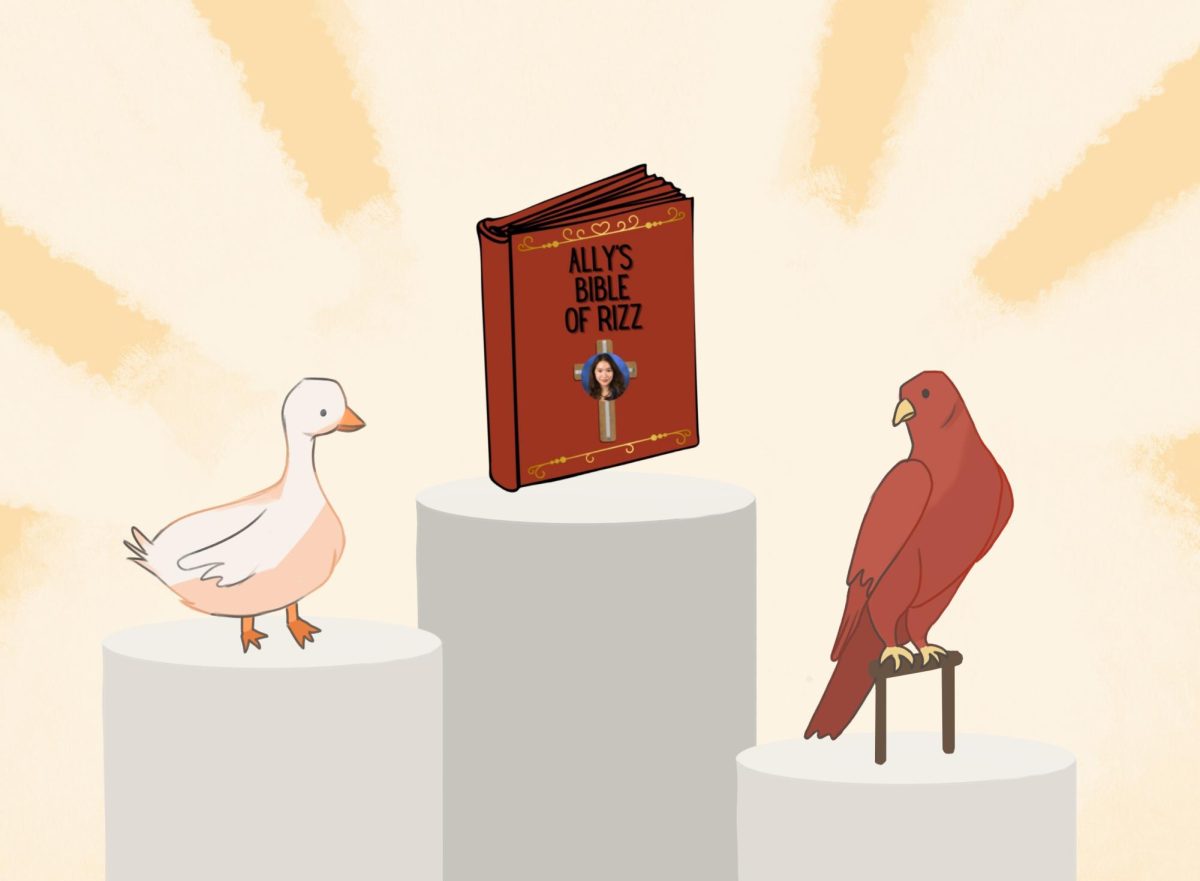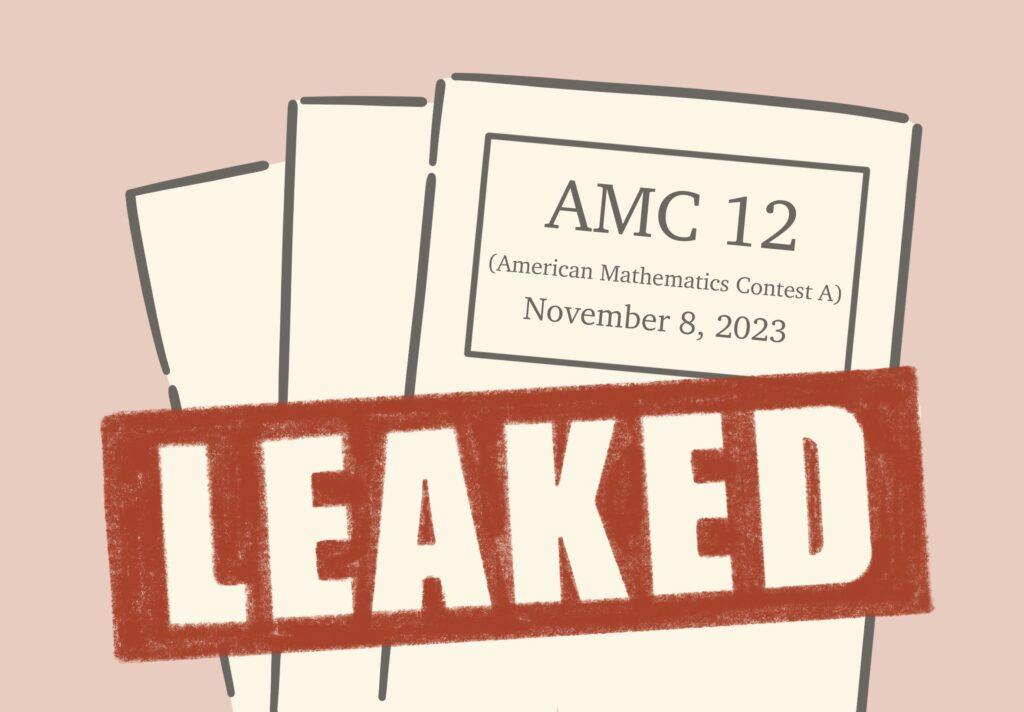It was lunchtime on Nov. 4 at the Berkeley Math Tournament (BMT), a competition where 700 of the most promising young mathematicians participate as teams through four rounds of group and individual tests. Each test seeks to assess the team’s deep understanding, general knowledge, speed and strategy. Most participants also planned to take the American Mathematics Competition (AMC) 10/12 A contests, other high-stakes tests, later that week on Nov. 8.
At the BMT, some students caught wind of news posted in their math communities’ message boards on Discord, Reddit and the official Art of Problem Solving (AoPS) website, which facilitates math contest discussions, provides study resources and offers preparation courses on competitive math. The rumor flew that students had discovered a copy of a leaked AMC 12A test — five days before the actual test date.
It was initially labeled as a “mock test” by the leaker, which allowed it to circulate for a short time before it was identified as a real copy by test administrators and Mathematical Association of America (MAA) officials. What they chose to do next has been the subject of controversy in the weeks since.
The AMC series is a national competition where students compete through a series of tests to determine Team USA for the International Mathematical Olympiad held in Bath, UK. The first of the exams is the AMC 10/12 A and B; students who score in the top 5% in the AMC 10 and 2.5% in the AMC 12 are invited to the American Invitational Mathematics Examination (AIME). Top scorers then compete in the United States of America (Junior) Mathematical Olympiad (USAMO/USAJMO).
Instead of mailing out its tests in print like some AP tests, the MAA delivers digital copies of tests in advance for local administrators to print and scan. Although much more efficient and scalable, this system gives a precarious window of time during which leakers may gain access to official copies. According to assistant principal Brian Safine, who this year is helping the math club manage competitions, this window of time is usually just a few hours in advance, so it is still unclear how the test leaker was able to access it days ahead of the contest.
With access to copies of the test ahead of schedule, those who saw the leaked version of the exam may have been able to use the internet and calculators, circulate their own answer keys and collaborate with others — in other words, some participants feared others may have potentially taken advantage of the leak and cheated.
While the original test post was removed quickly, the damage was done. Those who saw it subsequently re-leaked on multiple math forums, including the influential Online Monmouth Math Competition math Discord server.
A change.org petition that called for the MAA to address the situation further exacerbated the leak by posting screenshots of the few problems as evidence, drawing even more attention to it.
Junior Akshat Bora was greatly disappointed about how the situation played out. He said that obtaining answers to the leaked problems ahead of time rendered real effort worthless for non-cheating participants.
“The leak was very disappointing because it meant that a year’s worth of hard work meant nothing, and the cheaters could memorize the answers in minutes,” Bora said.
Despite widespread petitions and clear evidence of leaks, the MAA did not cancel or modify the test. In response to the controversy, the MAA issued a public statement: “We have already identified the source of the leak. This specific test site has been disqualified from this competition cycle and banned from participating in the MAA AMC in the future.”
To try to remedy the harm caused by the leak, MAA officials promised that they had “mechanisms in place, utilizing both human resources and artificial intelligence, to identify broad statistical anomalies, as well as anomalies within individual competitors.”
No further details were provided on how artificial intelligence or human resources would be used to analyze test scores and determine disqualifications. MAA declined to comment on details regarding their response to the leak.
Local test results align with historical norms
Despite all of the issues surrounding the leaked exams, it appears that Saratoga students had a largely normal testing cycle. Saratoga typically qualifies 30-60 students to the AIME each year.
This year, according to a district press release, 49 students qualified. Additionally, it appears that the test takers were not affected much by the AIME cutoff. To qualify for the AIME, the minimum score for AMC 12A was 85.5, and the floor for the B was 88.5. However, the USA(J)MO test, which accepts far fewer students every year and is based on a combination of their AMC and AIME scores, may have a significantly altered floor.
Yim takes issue with general trend toward tolerating cheating
Math teacher PJ Yim, who also coaches competitive math, said a similar situation occurred when the 2020 AIME was postponed and eventually administered online due to the pandemic. Students took the test at home rather than in a regular test setting, which Yim believes led to widespread cheating.
“Back in COVID-19, so many people who had never even touched AIME magically made USA(J)MO, and after COVID-19 was over they just crashed,” he said. “If they couldn’t ensure that [the test] was above board, they should cancel it, because it’s quite worthless.”
Yim believes that cheating, in the face of modern society, has been downplayed. He has noticed that punishment for academic integrity violations has drastically decreased over the years in the school setting.
“The payout from cheating is so high now,” Yim said. “[Students] used to be suspended, kicked out of the class, and given an automatic ‘F’ on transcript. Now, I think they give you ‘Oh, they’re just a kid, let’s just see what happens.’”
He emphasizes that the consequences of cheating should be tighter, like that of many colleges, where getting a zero and being banned from the class or even expelled are likely consequences.
Yim also said by the time a student is caught cheating, they have likely cheated dozens of times.
“It’s like running a red light. The chances are, when you get caught one time, you’ve probably run over the red light 50 times already,” he said.
Yim believes that more emphasis should be placed on maintaining academic integrity, and students should be made more aware of the consequences of violating it.
“I have yet to hear the words ‘honor’ and ‘integrity’ in the forefront when we’re raising our young,” Yim said. “I get to talk about getting them ready for the future — all these buzzwords, but honor and integrity is not one of them.”
Yim said the AMC 12A leak was handled poorly and MAA should have accessed its large problem bank to remake the test entirely. Like many, he believed that since tests were crafted years in advance, administrators should have swapped out the leaked test with a 2024 test.
“This was really messed up and this should not happen again,” he said.
To prevent the second exam, the AMC 12B test, from being leaked, Bora said that a group of MOPpers (Math Olympiad Program qualifiers) — the top 60 students in the country — created a fake “leaked” test and circulated it within cheating servers to confound and mislead would-be leakers.
Some mathletes like junior Alan Lu, who qualified for USAJMO the previous year, expressed disappointment at this violation of academic integrity.
“I’m very disheartened by the entire ordeal,” Lu said. “It’s really unfair to people who work hard in math and will definitely inflate cutoff scores for both AIME and USAMO.”
He added that this year’s test felt especially easy compared to previous years.
“Problem number 25 felt more like a Problem 16-20 level difficulty. Even without the leak, this test is lower quality overall,” Lu said.
For many of the school’s mathletes, this year’s testing cycle left a generally negative impression. However, some students are optimistic about improving testing in future years, hoping that the MAA and test administrators will better monitor leaks and mandate more thorough background checks for competition managers, administrators and proctors.
“I sincerely believe that the MAA could improve the educational experience for generations of math competitors to come,” Bora said. “This is a very important issue for me and the rest of our community.”




